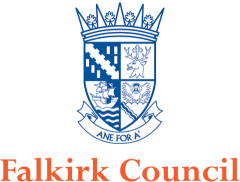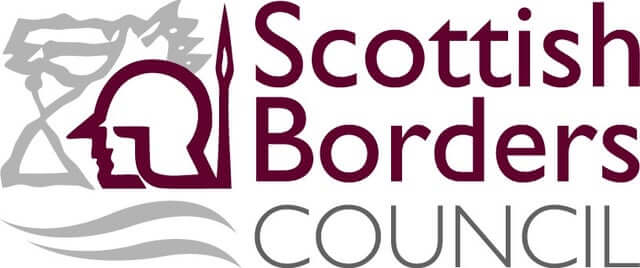Piano Tuning Services
As one of the more established piano tuners in the area, S.J. Lynch Pianos is the first choice of customer’s looking for a local piano expert of the highest calibre.
I am now taking on new clients in Edinburgh & East Lothian.
Honest, reliable service
Regular piano tuning is essential for the proper maintenance of your piano S. J. Lynch Pianos provides Edinburgh and East Lothian with the most reliable piano tuning service available.
I am happy to give impartial advice on all aspects of pianos and as a rule will only advise work if the piano warrants repairs or tunings.
While I specialise in regular six-monthly or annual tunings, I am also happy to carry out one off tunings or as required by the customer.
Key facts about piano tuning and pitch raising
How often show I tune my piano?
Manufacturers recommend that pianos are tuned at least twice a year. In our experience twice is usually adequate, with more stable pianos often only requiring an annual tuning. Frequency of tuning can vary from piano to piano.
All sorts of factors have to be taken into consideration – age, quality, condition, and environment. Within my existing clients frequency of tuning varies from – three times a year to coincide with the beginning of each school term, to either a six monthly, or annual visits. Music teachers, concert venues musicians, and recording studio pianos tend to require a more regular visit.
Does a piano need to be tuned if it has not been used much?
Yes! The nature of the stretched strings in pianos mean that there is a natural ‘slackening off‘ over a period of time leading to the piano going out of tune gradually.
Changes in the humidity (weather) and environment (heating) throughout the year are also contributing factors to the piano going out of tune. If possible the piano shouldn’t be positioned too closely to a radiator or exposed to direct sunlight.
About pitch raising
Pianos sitting at concert pitch (A440) always have a slight edge on pianos which have fallen flat. There is a certain clarity of tone that emulates from a piano at ‘concert pitch. For those those of us blessed (or cursed!) with perfect pitch – flat pianos can rub our musical sensibilities up the wrong way!
Generally though, if you intend to play the piano along with other instruments which are set to A440, obviously having the piano at the same pitch is essential. For accompanying singers, having the piano at concert pitch gives them a true reflection of the pitching of the notes they are singing. Otherwise, piano players who are using the piano for practice and enjoyment are generally more than happy for the piano to be tuned to whatever pitch it has fallen to.
Raising a piano to pitch is generally a bigger, more time consuming exercise for the tuner. The further from pitch the piano is, the more tuning work is required. For example, a piano which is a tone flat would require more tuning work than a piano 1/4 tone flat. The age of the piano and general condition of the strings (and how tight the wrest/tuning pins are) would all have to be taken into consideration.
Will it do any damage to the piano by neglecting the tuning?
Yes – the piano may be very difficult to get back in tune if left for too long.
My regular tuning often comes with some technical adjustments to the piano which help with the mechanics of the piano and how well it plays. Lack of these regular adjustments could lead to a larger repair.
A piano which hasn’t been tuned for a year would unquestionably be ready for a tuning – a piano left untuned for two years or more will require much more tuning work, often putting more strain on the piano due to the strings needing tightened more to pull them into line. Regularly tuning visits will invariably preserve the piano and prevent it falling into disrepair.
Trusted by
















Need piano tuning services in Edinburgh or East Lothian?
Phone: 07860 604725
Email: sjlynchpianos@btinternet.com


